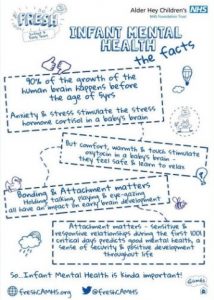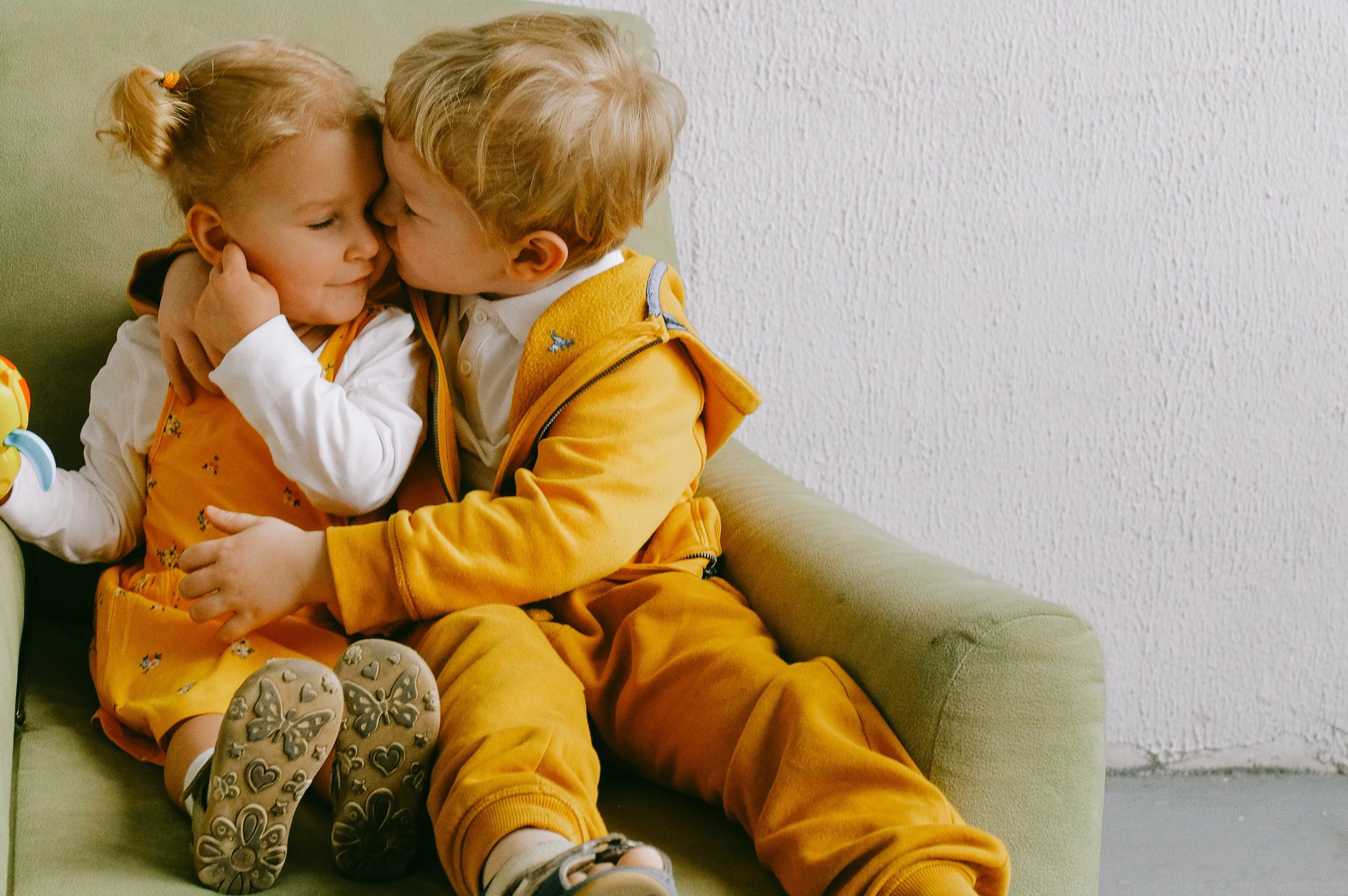The children we raise today are the adults of the future. We need to enable children to recognise their emotions and how to positively express them, learn to build connections with peers, develop independence, feel confident in having a voice and being heard, and ultimately provide a safe environment for them to feel good about themselves.
Children are hugely influenced by their surroundings and role models and as they mature their early ‘Personal, Social and Emotional’ development shapes and impacts their learning achievement, economic success and well being.
It is key to an individual’s development that opportunities are created in a safe space, whether planned or spontaneous, for children to explore who they are. This development does not happen in isolation and leading by example and praising are crucial in supporting, developing and encouraging this. Assigning key workers to children allows for close bonds and an in-depth understanding of the child and their family to develop, allowing the child to feel secure in the setting.
So how can you implement opportunities for children to develop in this area?
Routine provides structure to the day, children will become familiar with this and as they develop will be able to predict what is to come. Where possible, allow children to help come up with the routine and also display it on the wall for children to see.
Provide opportunities for children to recognise how they feel and understand the words to describe these emotions. Provide books or puzzles about emotions that are freely available for a child to access. These opportunities should be provided in a range of environments, not just the classroom. Make sure you address emotions when playing outdoors, for example “How does it make you feel when it rains?”
Also when a suitable occasion arises, provide a safe space for a child to be reflective on their actions and what emotion that may have made a peer feel.
When communicating, it is key we listen and not only talk. Be verbal with children from a young age, repeat and copy their noises and tones also using their names. With babies, additionally pay attention to their non verbal communication and cues and how these manifest at certain times of the day or at certain milestones. Do they always take themselves off to a quiet corner when they are due a nap? Do they start clapping when they see food?
Learning how to play together is a fundamental part of child development, and something that needs to often be started with adult input: model behaviour of how to take turns, share and wait. This adult led learning provides opportunities to praise, reward and acknowledge positive behaviour.
As children develop and become confident in themselves their need for independence will increase. Encourage these skills within the child’s capabilities and also explain when independence on a certain occasion may not be safe. Allow children the freedom to make decisions, create chances for them to select the toys they would like to play with, choose what fruit they would like to eat or what story to share.
A helpful acronym to remember for ‘Personal, Social, and Emotional’ development is SHEEP: Safe, Healthy, Achieve, Economic, Positive contribution.
Did you know 90% of the growth of the human brain happens before the age of 5yrs.

eylog supports multiple frameworks to enable practitioners and parents to observe, record and reflect on children’s Personal, Social and Emotional development.

